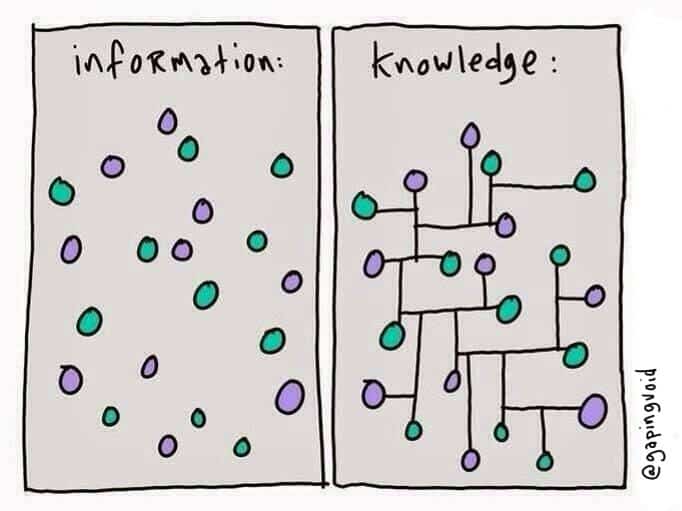Black Lunch Table's Wikipedia Editathon for We Wanted A Revolution: Black Radical Women 1965-85 at the Brooklyn Museum
By Blacklunchtable - Own work, CC BY-SA 4.0
https://commons.wikimedia.org/w/index.php?curid=60878028
By Blacklunchtable - Own work, CC BY-SA 4.0
https://commons.wikimedia.org/w/index.php?curid=60878028
- Responding to St. Pete's students via FlipGrid video
- Joining the WikiEdu class
- https://dashboard.wikiedu.org/
- https://dashboard.wikiedu.org/courses/LaGuardia_Community_College_-_St._Peter's_Polytechnic_University/ENG-A_101_English_Composition_(COIL)_(Fall_2019)?enroll=gzjfcqoe
- Creating your Wikipedia userpage
- Evaluating the article for Woodside, Queens by
- looking at other similar articles
- comparing with other sources on Woodside on the Surface Web and on the Deep Web (and learning about the LaGuardia databases in the process)
For Next Class
Write a paragraph arguing what to edit and create related to the Woodside article. Identify 1-3 tasks you could/want to do as part of the project.
ENA section
We will practice editing by adding information on the new Hunters Point Community Library to the Long Island City article using these sources:
ENA section
We will practice editing by adding information on the new Hunters Point Community Library to the Long Island City article using these sources:
- https://www.timeout.com/newyork/news/the-hunters-point-library-is-a-gorgeous-addition-to-the-queens-waterfront-092419
- https://www.nytimes.com/2019/09/18/arts/design/hunters-point-community-library.html
- https://www.queenslibrary.org/about-us/locations/hunters-point?utm_source=homepage&utm_medium=carousel&utm_campaign=hunterspointopening


